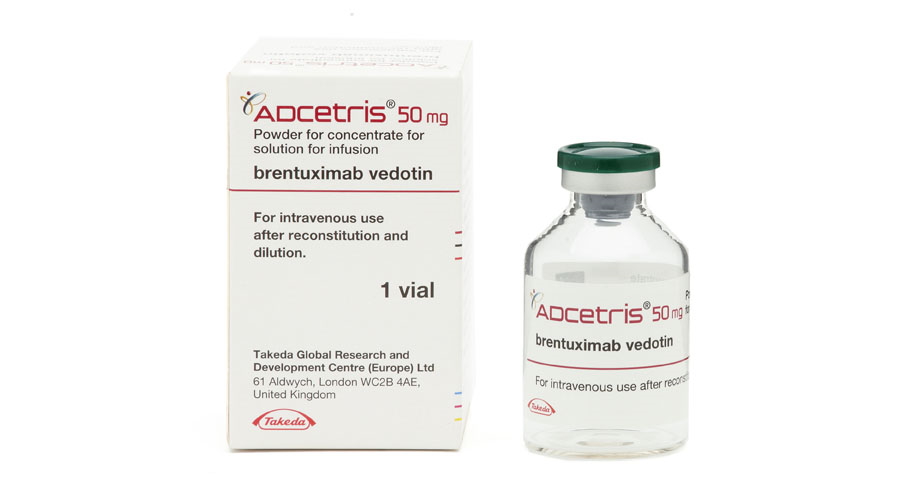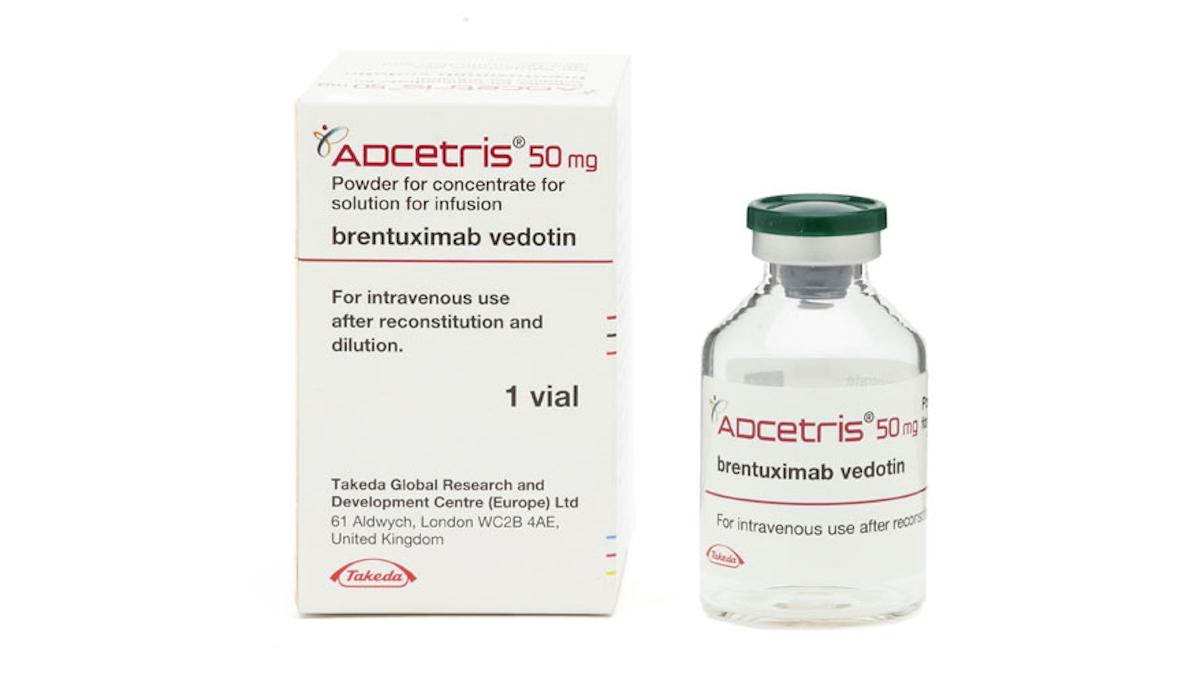Seagen says Adcetris/Opdivo combo aces lymphoma trial

Seagen’s Adcetris was trounced by Bristol-Myers Squibb’s Opdivo in a head-to-head trial in classical Hodgkin lymphoma (cHL) reported at ASCO – but there may be a way for the drug to bounce back.
In a case of "if you can’t beat them, join them", Seagen has just reported stellar data when Adcetris (brentuximab vedotin) is combined with Opdivo (nivolumab) and chemotherapy as a first-line therapy for patients with early-stage cHL, with a 98% response rate in a phase 2 trial.
Most impressively, that included 93% complete responses with the combination, while the addition of Opdivo in place of some chemotherapy drugs also improved the tolerability of the regimen.
“With teens and young adults primarily impacted by Hodgkin lymphoma, our goal is to develop curative treatments that improve survival, while also reducing toxicity,” commented Jeremy Abramson of Massachusetts General Hospital, who is the principal investigator of the SGN35-027 trial.
“The targeted agents of brentuximab vedotin and nivolumab have distinct mechanisms of action and demonstrated promising activity and safety in this early study,” he added.
The latest results come from one arm (part C) of the ongoing study, which also includes arms looking at Adcetris plus chemo with G-CSF prophylaxis, as well as the ADC with Opdivo and chemo in more advanced disease. The results of the trial are being presented at the International Conference on Malignant Lymphoma (ICML) in Lugano, Switzerland.
The readout comes just a couple of weeks after the SWOG S1826 study of Adcetris versus Opdivo – both given on top of chemo to newly-diagnosed, more advanced cases of cHL – showed a 52% reduction in the risk of disease progression or death with BMS’ drug.
That was seen as a sizeable threat to Seagen – which is set to be taken over by Pfizer for $43 billion – as Adcetris is its biggest-selling product, bringing in $839 million of its total sales of just over $1.7 billion last year.
The CD30-targeting antibody-drug conjugate (ADC) is approved for several blood cancer indications, but front-line cHL accounts for the bulk of its revenues. At ASCO, there were suggestions that the head-to-head data could see Opdivo plus chemo becoming the new standard therapy for newly-diagnosed cHL.
Positioning Adcetris and Opdivo together would be a way for Seagen to defend itself from that, although the increased cost of the combination may pose problems. That said, Adcetris is set to lose patent protection in the US next year, according to GlobalData, which would allow cheaper biosimilars to enter the market.
GlobalData has predicted that Opdivo will eventually become the new market leader in the overall cHL market, as it has more combination data than rivals, including Merck & Co’s Keytruda (pembrolizumab), which is strong in the monotherapy category.
In time, however, it thinks Keytruda will catch up, possibly as a combination with Affimed’s anti-CD30 bispecific antibody, AFM13.













